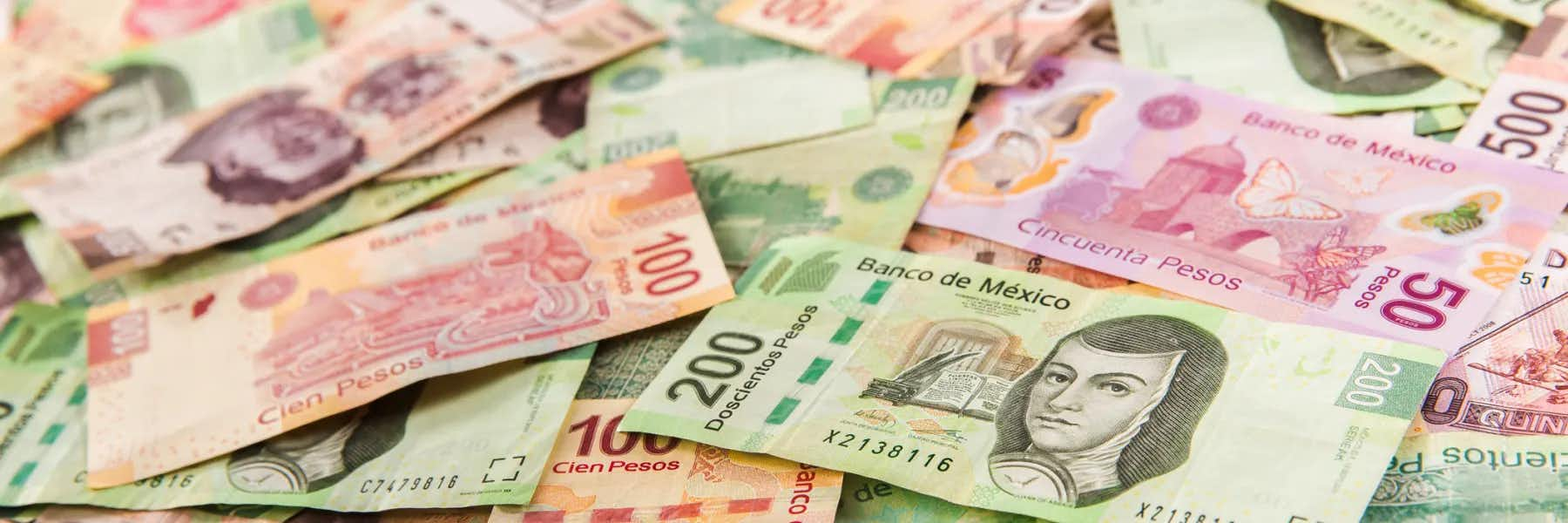As an expat in Mexico, the taxes you’ll pay will depend, in part, on your situation. If you own property in Mexico, you’ll pay property taxes. If you rent out that property or own a business, have a job, or have interest-bearing bank accounts, you’ll owe income tax. Even if you have none of these, you’ll still pay sales tax (known as Value Added Tax or VAT) on most retail goods and services.
If you will be doing business in Mexico or even if you will be employed by a Mexican company, it’s a good idea to meet with an international tax specialist, in your home country, before you move. He or she can advise you how to best minimize your tax obligations, especially if you have significant assets in both Mexico and your home country.
Income Tax in Mexico
You will owe income tax in Mexico if you hold a job, run a business, rent out a property you own, or hold an interest-bearing bank account or security in Mexico. In most of these cases, you will need to file a Mexican tax return.
If you are a U.S. citizen, note that the United States taxes citizens and permanent residents on their worldwide income. Canada taxes citizens on worldwide income unless they have officially moved their legal residence outside Canada. If you earn any income in Mexico it must be declared on your U.S. or Canadian tax return. You will get credit on your home-country return, however, for taxes you have already paid in Mexico.
Income tax in Mexico varies greatly. Like the U.S., your tax rate will depend on the amount of your earnings, deductions, and other factors. Mexico’s individual income tax rates range from 1.92% to 35%. Non-residents (those in Mexico on a work visa/permit) pay 15% to 30%. Mexico’s corporate tax rate is a flat 30%.
Mexican Real Estate Taxes
There are three types of tax that you’ll have for residential property over the years that you own it:
A 2% acquisition tax when you buy the property
Annual property taxes (known as predial)
Capital gains tax when you sell the property.
Many communities in Mexico commonly use a property’s “assessed” value as the basis for these taxes, and the official assessment can be much lower than the property’s market value—in some cases, as low as 30% or 40% of the actual sales price. So on a $100,000 home that has an official “assessed” value of $40,000, you’ll pay $800 in acquisition tax. Under Mexican law, using an assessed value less than the actual commercial value for tax purposes is technically illegal. But we don’t know anyone who doesn’t do it.
Property taxes (predial) in Mexico are very low. It is quite common to have annual property taxes of $100 or less, and they seldom run higher than about $300.
If you sell the property, you’ll owe capital gains tax. Capital gains tax can be figured two ways in Mexico:
You can pay 25% of the declared value of the transaction, or
You can pay 30% of the net value—the difference between the assessed values at the time you bought the property and when you sell it, taking into consideration how long the property was held, any improvements made, any commissions paid, and other allowable expenses. (If there is a significant difference between the assessed value recorded for the property when you bought it and the value you claim when you sell it, you could be in for a big tax bite.) You should calculate your capital gains tax both ways with the help of an accountant or notario and pay the lower one.
Value-Added Tax
In Mexico, a Value-Added Tax is applied to the sale of most retail goods and services. This tax is 16% in most of the country and 11% in border areas. You will see this VAT added onto the bottom of sales receipts just as would see sales tax added, north of the border.
Get Your Free Mexico Report Today!
Get Your Free Mexico Report Today!
Learn more about Mexico and other countries in our daily postcard e-letter. Simply enter your email address below and we’ll send you a free special report – Mexico: The Perfect Close-to-Home Retirement Haven.
By submitting your email address, you will receive a free subscription to IL Postcards and special offers from International Living and our affiliates. You can unsubscribe at any time, and we encourage you to read more about our Privacy Policy.













